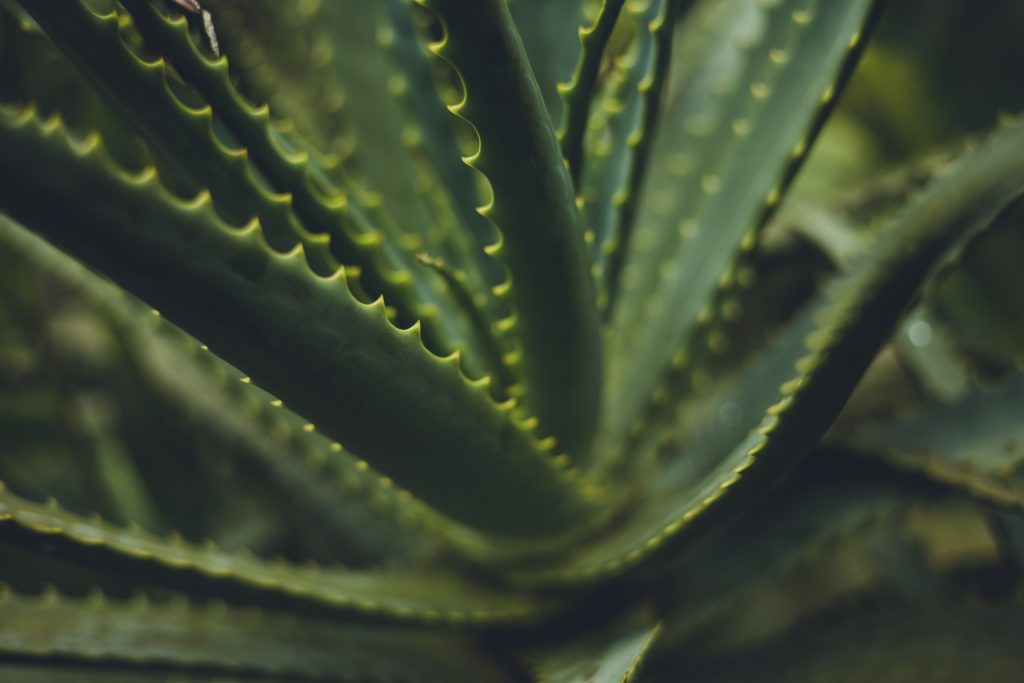
Aloe vera plants, which are incredibly succulent, have long been used medicinally. Some of the skin conditions that are regularly treated with it include burns, wounds, and acne. In recent years, aloe vera has gained favour as a self-care remedy for hyperpigmentation. Dark patches or spots of skin are signs of hyperpigmentation, a common skin condition. This article will look at the aloe vera scientific basis and discuss whether it can be used to cure hyperpigmentation.
How does hyperpigmentation get started?
The skin darkens in certain locations as a result of a condition called hyperpigmentation. This can be brought on by a variety of things, including hormonal changes, UV exposure, inflammation, and skin injury. The overproduction of melanin, the pigment that gives the skin its colour, results in hyperpigmentation.
How can aloe vera work to treat hyperpigmentation?
Aloe vera help with hyperpigmentation contains numerous active compounds that may lessen hyperpigmentation. These include:
Aloin, a naturally occurring compound included in aloe vera, inhibits tyrosinase, an enzyme required for the production of melanin. By reducing tyrosinase activity, aloin can help reduce the production of melanin, which lessens hyperpigmentation.
Glucomannan, a polymer found in aloe vera, has been shown to improve skin tone and texture. Glucomannan helps to promote skin cell turnover and lessen melanin buildup to provide a more even skin tone.
Aloe vera has a lot of vitamin C, which is well-known for its antioxidant properties. Vitamin C’s capacity to reduce oxidative stress is advantageous for skin.
Research on the efficacy of aloe vera for hyperpigmentation
Several studies have looked into how well aloe vera may heal aloe vera help with hyperpigmentation. In a study that was published in the Journal of Cosmetic Dermatology, participants with hyperpigmentation received topical aloe vera gel treatment for 15 days. The study found that aloe vera gel significantly lessened hyperpigmentation and improved skin texture.
Aloe vera’s effect on UV-induced hyperpigmentation was the subject of a different study that was published in the Journal of Photochemistry and Photobiology. The study found that aloe vera reduces melanin synthesis and protects skin from UV radiation.
In a comprehensive review of 40 studies, aloe vera was found to have antioxidant, anti-inflammatory, and antibacterial properties. This study was then published in the Journal of Herbal Medicine.







